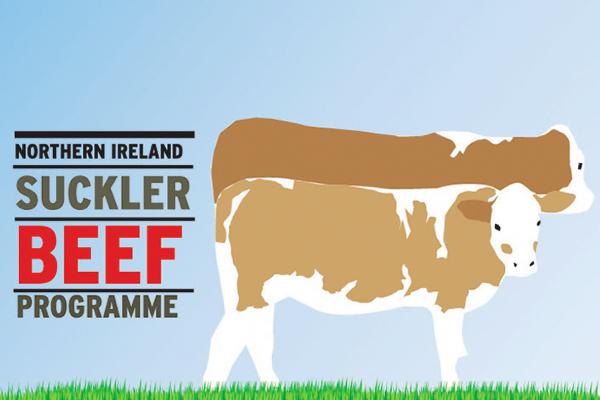Programme adviser Francis Breen is currently collating the benchmarking figures for the eight farms. All production costs and sales from 1 January 2013 to 31 December 2013 are being calculated to determine the cost of producing beef on the farms.
It will then be used to calculate the gross margin per hectare and compare how the farms have progressed over the past three years since they joined the programme.
Last spring, the farms did not escape the fodder crisis although some fared better than others. Additional concentrates and forage was purchased which will lead to an increase in variable costs. The fine summer weather allowed for some of the farms to catch up on reseeding that was postponed from the previous year.
While costs may well be higher, there were more farm sales in 2013 on most of the farms as the increase in cow numbers started to filter through with more cattle being produced.
Improved beef prices compared to the previous year should also offset the additional expenses encountered in 2013. We will feature the benchmarking analysis later in spring.
Spring calving is due to start on one farm in the coming weeks, with the remainder of the farms starting to calve from late February onwards.
Over the past three years, the emphasis placed on tightening the calving period is paying off with most herds to complete calving inside 12 weeks.
Even with spring calving cows being bred during the difficult conditions last year, there has been a relatively low barren rate in cows with most herds scanning around 95% in-calf.
The breeding season for the autumn calving herds has come to an end. Artificial insemination has been used with greater frequency than before, mainly as the size of the autumn herds has increased.
Stock bulls have also been used to serve cows as well as any repeats from AI. With the breeding period finishing around the start of January, most herds will be scanned in March.
Empty cows will be weaned indoors and culled. They will not be given the chance to slip into the spring herd.
Late housing in 2013 has delayed the treatment of cattle for fluke, but all herds are now up to date with the herd health requirements. There were some instances of pneumonia prior to Christmas, but these have since cleared up and there appears to be no major loss of performance in affected cattle.






 This is a subscriber-only article
This is a subscriber-only article










SHARING OPTIONS: